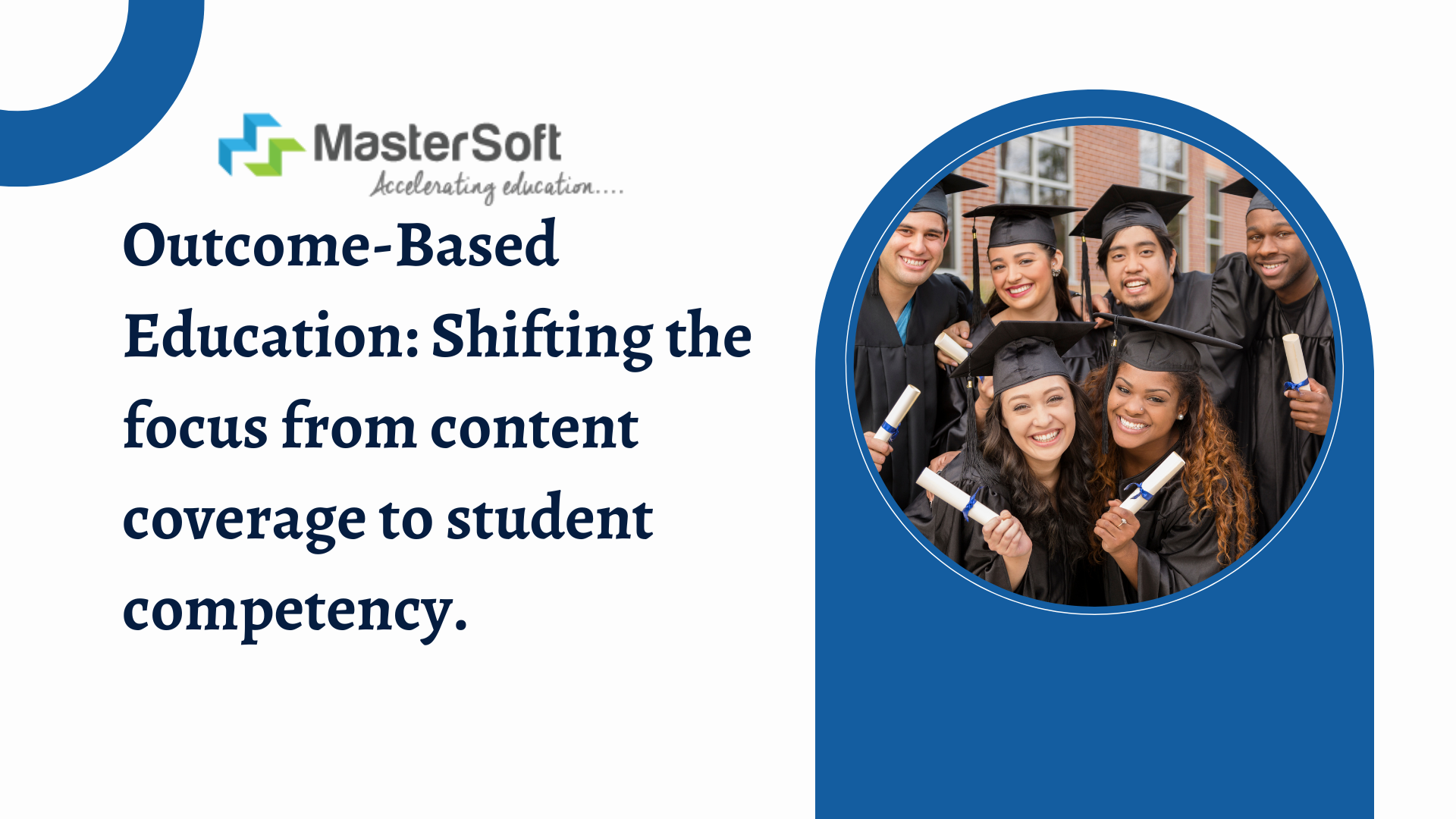Imagine a classroom where learning isn’t just about memorizing facts and figures, but about actively engaging with the material, applying knowledge to real-world problems, and developing critical thinking skills. This is the essence of outcome-based education (OBE), a powerful approach that emphasizes the desired outcomes of learning rather than simply focusing on content coverage.
What is Outcome-Based Education (OBE)?
Unlike traditional education, which often prioritizes rote memorization and standardized testing, OBE focuses on what students should be able to do with the knowledge they acquire. It starts by defining clear and measurable learning outcomes – what students are expected to know and be able to do by the end of a course or program. These outcomes encompass various skillsets and knowledge levels, promoting a well-rounded learning experience.
The Benefits of Outcome-Based Education
OBE offers a multitude of benefits for both students and educators.
-
Increased Student Engagement: By focusing on achieving specific outcomes, students become more invested in the learning process. They understand the purpose behind the learning and are actively involved in achieving it. This leads to a more engaging and motivating learning environment.
-
Deeper Understanding: OBE encourages students to go beyond simply memorizing information. They are challenged to analyze, synthesize, and apply knowledge to solve problems and develop solutions. This fosters a deeper understanding of the material and promotes critical thinking skills.
-
Real-World Application: OBE emphasizes the application of knowledge to real-world scenarios. Learning activities and assessments are designed to simulate real-world challenges, allowing students to develop the skills and knowledge they need to succeed beyond the classroom.
-
Improved Assessment: OBE utilizes a variety of assessment methods that go beyond traditional tests. Students might showcase their learning through projects, presentations, simulations, or portfolios, providing a more comprehensive picture of their knowledge and skills.
-
Alignment Between Teaching and Learning: OBE fosters better alignment between what instructors teach and what students learn. By focusing on pre-defined outcomes, educators can design effective learning experiences that directly target the desired skillsets and knowledge base.
How Outcome-Based Education Works
OBE involves a systematic approach to learning that typically follows these key steps:
-
Identifying Learning Outcomes: First, educators define clear and measurable learning outcomes for each course or program. These outcomes might include cognitive skills such as critical thinking and problem-solving, along with practical skills and knowledge relevant to the field of study.
-
Designing Learning Activities: Once the learning outcomes are established, educators develop learning activities and experiences that will help students achieve those outcomes. This might involve lectures, discussions, group projects, case studies, simulations, or even internships.
-
Assessment and Evaluation: OBE utilizes a variety of assessment methods to evaluate student learning. These might include traditional tests and quizzes as well as more creative assessments that allow students to demonstrate their knowledge and skills in diverse ways.
-
Continuous Improvement: OBE is an ongoing process that involves continuous reflection and improvement. Educators use assessment data to analyze the effectiveness of their teaching methods and make adjustments as needed to ensure students are successfully achieving the desired learning outcomes.
Beyond the Classroom: Outcome-Based Learning in Everyday Life
OBE isn’t confined to a classroom setting. The core principles of OBE can be applied to various aspects of your life:
-
Personal Development: When setting personal goals for learning a new skill, define clear and measurable outcomes. This will help you stay focused and motivated throughout the learning process.
-
Professional Training: In professional development programs, focusing on learning outcomes ensures that training sessions effectively equip participants with the necessary skills to excel in their roles.
-
Self-Directed Learning: Even when embarking on self-directed learning, defining outcomes can significantly enhance the learning experience. Identify what you want to achieve and seek resources and activities that directly target those outcomes.

